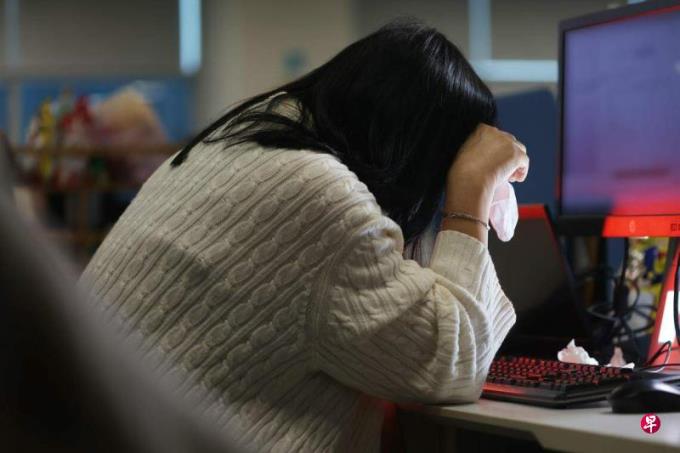
The government lists psychological health issues as an important national agenda and formulate national measures to provide assistance for more people in need.Key measures include that by 2030, 30 % and 40 % of psychiatrists and psychologists will be added to the public medical field, as well as more than 30,000 frontline staff and volunteers to identify psychological health needs.
On Wednesday (February 7), Congress (February 7) promoted the motion of mental health, and five government officials, including Deputy Prime Minister and Minister of Finance Huang Xuncai, participated in the debate on the second day, introduced the government's measures to improve the mental health of Chinese people.And action plan.

Huang Xuncai said: "Whether in Singapore or the world, mental health is becoming more and more important. In the past, people usually deal with psychological health problems in private, hiding the problem in their hearts, and discussing it publicly. In recent yearsFor changes, people know more about mental health, and they are more willing to discuss publicly.
Psychological health issues cover different levels. Severe and severe disorder and schizophrenia must be treated. I feel that anxiety and stress do not need to seek medical treatment, but do not take it lightly.At the same time, the government is also very concerned about the psychological health problems faced by young people.
Huang Xuncai: I look forward to achieving some specific goals in 2030
In terms of public medical resources, the number of psychiatrists will increase by about 30 %, and psychologists will increase by 40 %; increase the beds of the School of Psychological Health and Alexander Hospital; launch psychological health in all comprehensive clinics and more than 900 general clinicsServe.
The data provided by the Ministry of Health and the Second Government Affairs of the Ministry of Health and the Ministry of Political Affairs showed that in 2022, there were 203 psychiatrists in the public medical field, and psychologists had 212.In order to meet higher needs, the goal was to increase the number of psychiatrists to 260 in 2030, and psychologists increased to 300.
As for the bed, Dr. Pu Jili, the Minister of Communications and the Ministry of Health of the Ministry of Communications and the Ministry of Health, said that there are nearly 1,000 acute psychiatric beds in Singapore, which will increase to 1070 in 2030.The long -term hospitalized beds will be increased from 3,000 to 3,500, focusing on long -term hospitalization psychiatric care.
At present, 19 of the 25 local comprehensive clinics will provide mental health services. In the future, all comprehensive diagnosis and treatment places will have such services. The inter -domain teams responsible include general doctors, psychologists, medical social workers, andNurse.As for the general clinic, it will expand from the existing 450 to all 1,350 health SG clinics.
In addition to medical resources, another key measure proposed by the government is to train more than 28,000 master workers in the next six years, as well as frontline personnel such as teachers, police officers, and family service centers to teach them how to identify their psychologyHealth demand and psychological first aid.At that time, 130,000 people will be trained.
Other existing measures are carried out in accordance with the plan
Some existing measures are also carried out in accordance with the original plan.For example, the Ministry of Education announced in 2021 that he appointed more than 1,000 teachers counselors; and the peer -to -peer -mutter network was added among schools, work venues and national service personnel.
The Ministry of Health has formulated a national psychological health training framework to strengthen the capabilities of community mental health service providers, including early discovery of suicide tendencies and aid.
Huang Xuncai said that it is hoped that these measures can reduce the waiting time, facilitate people to obtain mental health services, and bring the service to the place near people, that is, home, school and workplace.
He promises: "The government will do more and do our best to improve people's mental health."




